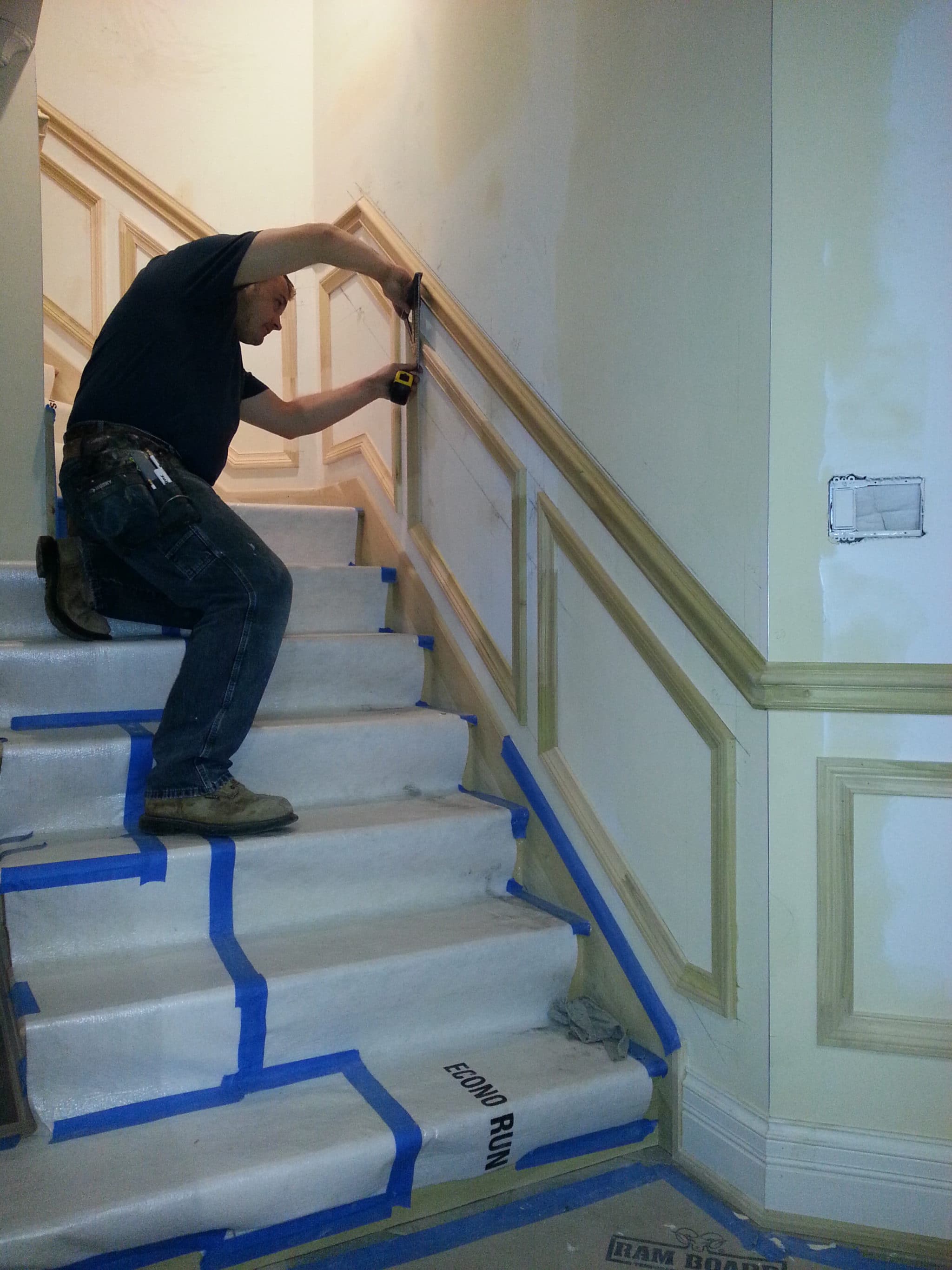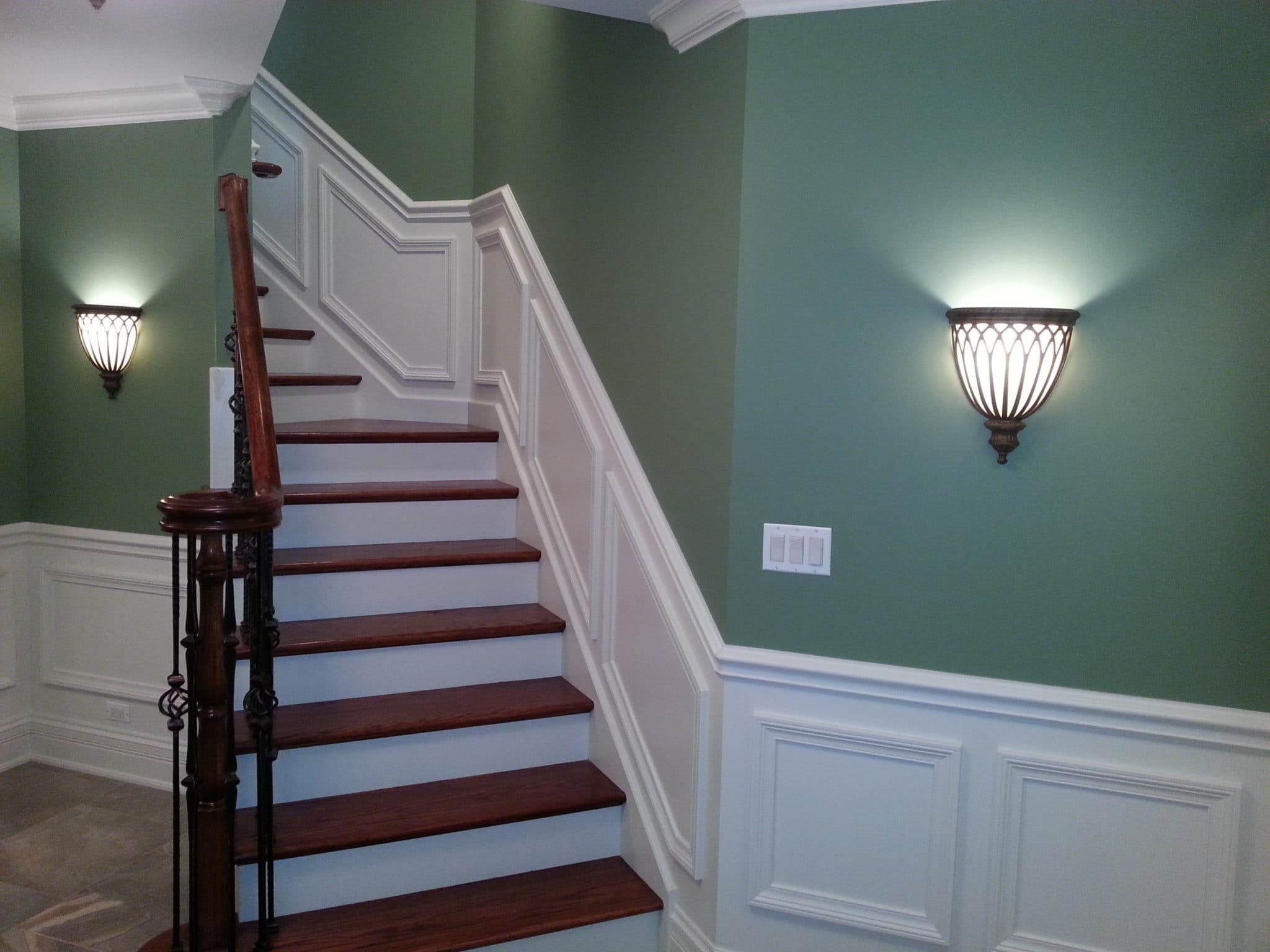Passing Home Inspections in Barrington IL — Your General Contractor Should Know MORE than your Building Department
Building departments are primarily interested in ensuring that obvious structural and life-safety codes are followed, such as fire codes and electrical codes. They’re also focused on enforcing the new energy standards. They oversee and inspect only the major systems of a project(framing, plumbing, electrical, etc.), and they are only required to ensure that minimum legal safety standards are met.

For example, to pass the electrical portion of a home inspection, your village’s building department may require that a panel is wired for tamper-resistant (TR) electrical receptacles, per the 2008 National Electrical Code® (NEC®). Great. TRs provide a safer environment for children because if a child attempts to lodge a small toy or some other sharp object into an outlet (like a paperclip), there is no contact with electricity. The National Fire Protection Association explains how (TR) electrical receptacles work in more detail.
The building department may insist on Arc Fault Circuit Interrupter (AFCI), or arc-fault circuit breakers, too, because they help prevent electrical wiring fires. They’re designed to disconnect the power (get the circuits to trip/break much quicker) before an electrical arc can start a fire. Again, these are two very good codes I agree with wholly.
What’s NOT on your Building Department’s Home Inspection Checklist
What your building department probably won’t closely inspect include other critical details such as:
- The location and design of the service panel.
- The consolidation of the switching placement and installation that takes the guess-work out of the equation (this is a topic in and of itself – check out our blog titled, “Contemporary Lighting Plans for Modern Homes.”)
- How to provide homeowners optimum efficiency and value in a state-of-the-art electrical package.
- How to work with and utilize the expertise of a licensed electrician in good standing.
In other words, the general contractor you hire should be the person ultimately responsible for the work done in your home, including the creation of quality standards that the entire building team follow in addition to what the basic codes require.
Are you planning on installing hardwood floors in any part of your home? Nice choice, of course. But guess what? Your building department inspector will not care one bit about the humidity content in your plywood subfloor and the uninstalled flooring materials. They won’t educate you regarding proper seasonal humidity levels so your hardwood floors don’t shift. If there’s too much moisture in a floor, you can expect significant gaps in the winter. Important issues like this one require specific knowledge, but it’s not on an inspector’s radar.
We all have showers, right? Most people tile their showers, but your village building department does not have standards for issues like water-proofing showers. If a shower wall’s membrane or base aren’t properly water-proofed, homeowners can expect mildew and buildup later on. This health-safety issue is not on your building department’s home inspection checklist.
Another example is drywall. You can easily pass a home inspection in Barrington, IL or any part of the Midwest for most types of drywall because a building department is not going to adhere to any drywall quality finishing standards. When the light shines on your drywall, visible nail pops and seams due to a bad taper job does not fall under the purview of a building inspector’s quality-control list. Again, this falls under your general contractor’s responsibilities.


I can go on and on about these types of examples. The main point I’m making is that for the worst evils, the building department is there to catch safety problems or work that doesn’t conform to code. The mark of a conscientious contractor is one who has his own strict, internal standards and extensive checklists. My advice to homeowners is to request to see the written documents a company uses to ensure all work done is checked at the appropriate phase. If this cannot be produced, the contractor is likely not serious about quality control!!
If you have any questions about how to pass a home inspection in Barrington, IL or working with your building department, feel free to contact me at any time.




